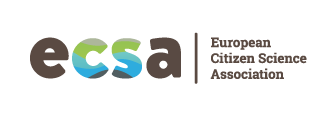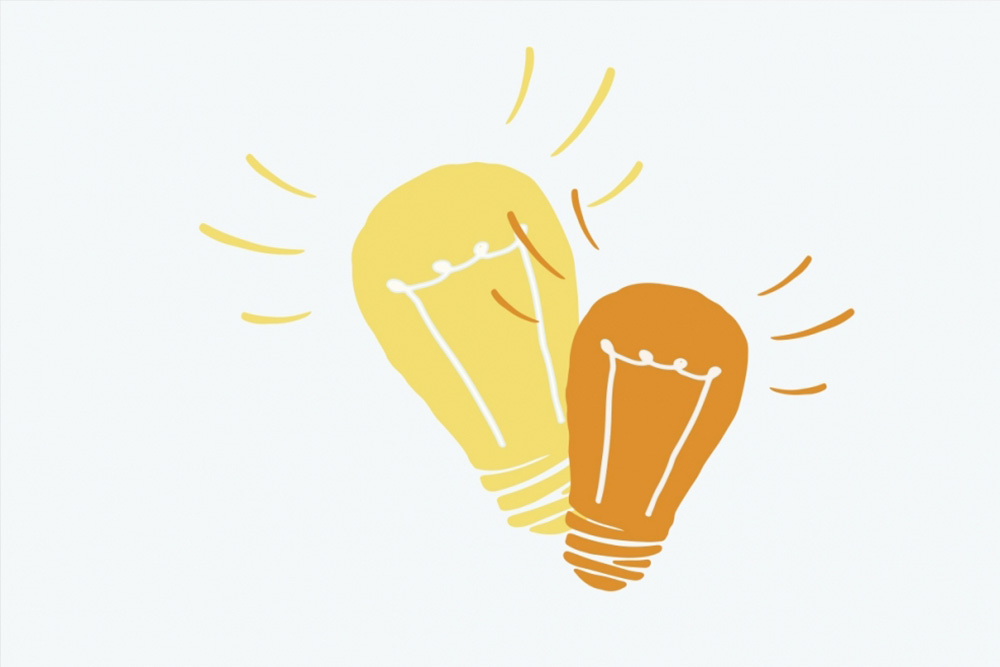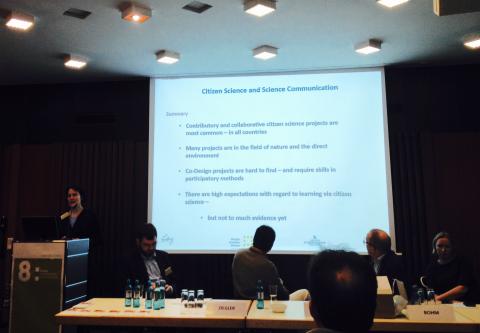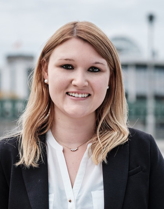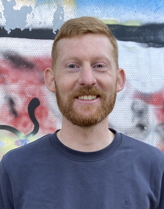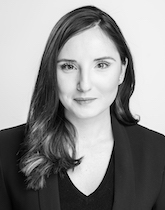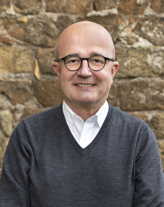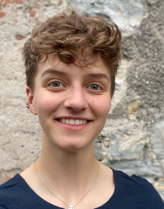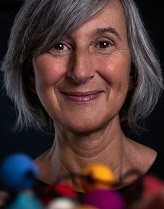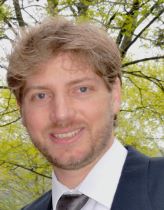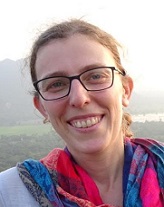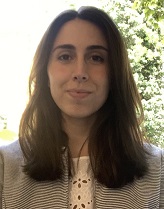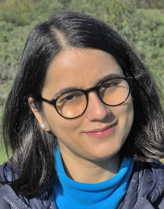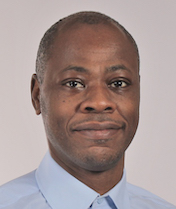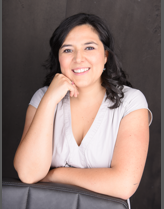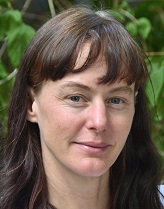Session Summary “Citizen Science in the International Science Communication – Synergies and Challenges”
Report on the session at the Forum Wissenschaftskommunikation 2015, Nuremberg, 30.11.-02.12.2015
by Andrea Sforzi
Citizen science surely opens a new dimension in science communication, by fostering a deeper and more intense exchange between science and society, regarding both scientific knowledge and the scientific method. Despite some critics doubt that short-term low-level involvement in research projects can achieve these goals – pointing out that citizen science can be seen as just a method among many in science communication. The 8th Forum Wissenschaftskommunikation (Nuremberg, Germany, 30 November – 2 December), focused on ‘International science communication – Synergies and Challenges’ was the occasion to address this specific topic in the framework of a roundtable on citizen science and communication, moderated by David Ziegler (Berlin Museum für Naturkunde). International experts discussed the main questions concerning the relationship between science communication and citizen science, presenting and comparing their experiences with citizen science projects. The discussion focused on how citizen science contributes to science communication and what types of citizen science stimulate a discourse between science and society. Another topic was on the connections developed at the intersection of science communication and citizen science, with great participation from the audience.
Dr. Andrea Sforzi (Museo di Storia Naturale della Maremma, IT), member of the Board of Directors of the European Citizen Science Association (ECSA), opened the meeting with the presentation: “Citizen science and added value for science communication”. For him one of the main challenges of Citizen Science is to keep people engaged and to ensure continuous participation over time. At any stage, from documentation to reporting and construction of information, communication is a key factor. His presentation analyzed the relevance of communication in any phase of a CS project and focused on the main aspects of this relationship, in an adaptive perspective.
Dr. Katrin Vohland (Berlin Museum für Naturkunde, DE), Vice Chair of ECSA and convener of the session, spoke about “The interrelation between citizen science and science communication in different countries”. She pointed out that the added value which is assigned to citizen science in order to enhance science communication differs across Europe and internationally. In her contribution, some examples from different citizen science approaches were analyzed and compared, according to their influence on different aspects of science communication.
Dr. Mikkel Bohm (Danish National Centre of Science Education, DK) gave some brilliant examples on “Impact of mass experiments for public engagement with science” and involved the public in a simple experiment.
Prof. Esther Turnhout (University of Wageningen, NL) focused on the “Construction of ‘citizen‘ in citizen science”, pointing out that literature on citizen science shows a distinction between two forms of citizen science: citizen or community driven (where citizens use scientific methods to produce knowledge about a local issue and bring about change) and science-driven (where the advancement of science is the primary objective). The objective of the talk was be to explore the possibilities for bringing the different forms of citizen science into productive dialogue.
The following discussion was very productive, and gave the speakers the opportunity to provide some insight about the main questions, as well as to introduce the issues concerning the networks recently established in the USA, Europe and Australia to promote citizen science in its full diversity.
